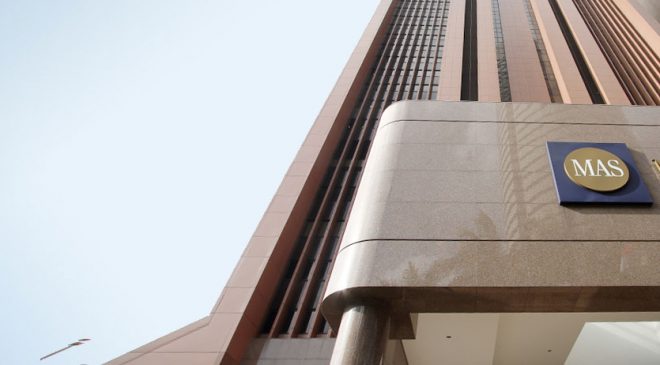
The rapid adoption of digital solutions has enhanced the economic and social well-being of millions of people around the world.
The Monetary Authority of Singapore (MAS) believes that while digital solutions have helped keep countries going during a global pandemic. Many of these solutions are not interoperable and digital transactions are not seamless and leaving organisations like MAS, unable to “exploit the full efficiency benefits of digitalisation”.
A recently released report by MAS showed that growth of digital solutions has helped enhance the economic and social well-being of millions of people around the world. However, digital inclusion and inter-operability across solutions remain as challenges.
The report notes that foundational digital infrastructures – systems that allow different users and different digital devices to seamlessly interact with one another – are critical for more pervasive and inclusive digitalisation across societies.
Such foundational digital infrastructures will enable interoperable solutions and seamless digital services to reach more people and businesses, at lower cost and greater convenience.
- The report highlights four key pillars that underpin effective foundational digital infrastructures:
Digital Identity to ensure authentication and validation of an individual’s identity, while protecting privacy and security of information - Authorisation and Consentto ensure transparent and secure digital transactions through authorised use of data and mechanisms for obtaining users’ consent
- Payments Interoperabilityto ensure systems for clearing and settlement of payments between users are interoperable, for seamless domestic and cross-border transactions
- Data Exchangeto enable users to make their data accessible to third parties for the benefit of the users, such as for payments, financial planning, etc.
Foundational digital infrastructures are public goods that governments have a vital role in providing or facilitating. Governments can do this through direct provision, or developing open standards for technical implementation, or guidance on best practices.
Ravi Menon managing director at MAS states organisations need foundational digital infrastructures – systems that allow different users, different solutions, and different devices to seamlessly interact with one another.
“Foundational digital infrastructures will enable interoperable solutions and seamless digital services to reach more people and businesses, at lower cost and greater convenience,” he said. “They will enable more pervasive digitalisation within and across economies.”
Menon noted just as physical infrastructures like railroads helped to advance the industrial economy, digital infrastructures will spur the growth of the digital economy.
“The public and private sectors must come together to co-create common digital infrastructures and avoid the pitfalls of isolated technology solutions – ‘digital islands’ and ‘walled gardens’,” he said.
According to Menon governments and organisations must “explore multilateral cross-border payments in a more scalable way”.
“The Bank for International Settlements (BIS) Innovation Hub Centre in Singapore is exploring how payment systems could be linked together to enable faster and cheaper cross-border payments,” he said. “There is strong synergy between the BIS Innovation Hub’s work on a cross-border payments bridge with MAS’ work on foundational digital infrastructures.”
MAS plans to collaborate with the BIS Innovation Hub to explore opportunities to improve cross-border payments by connecting payment systems to digital identities across borders.
“We are also engaging financial regulators and central banks globally on their digital infrastructure initiatives to explore similar synergies and opportunities to move forward as a global digital community,” noted Menon.
Just as governments collaborate on economic integration to advance prosperity, the time has come for them to do so with digital integration to seize new economic opportunities, Menon acknowledged.
“This requires establishing foundational digital infrastructures and connecting them, to create truly global digital public goods,” he said.
Tags: financial servicesMAS




